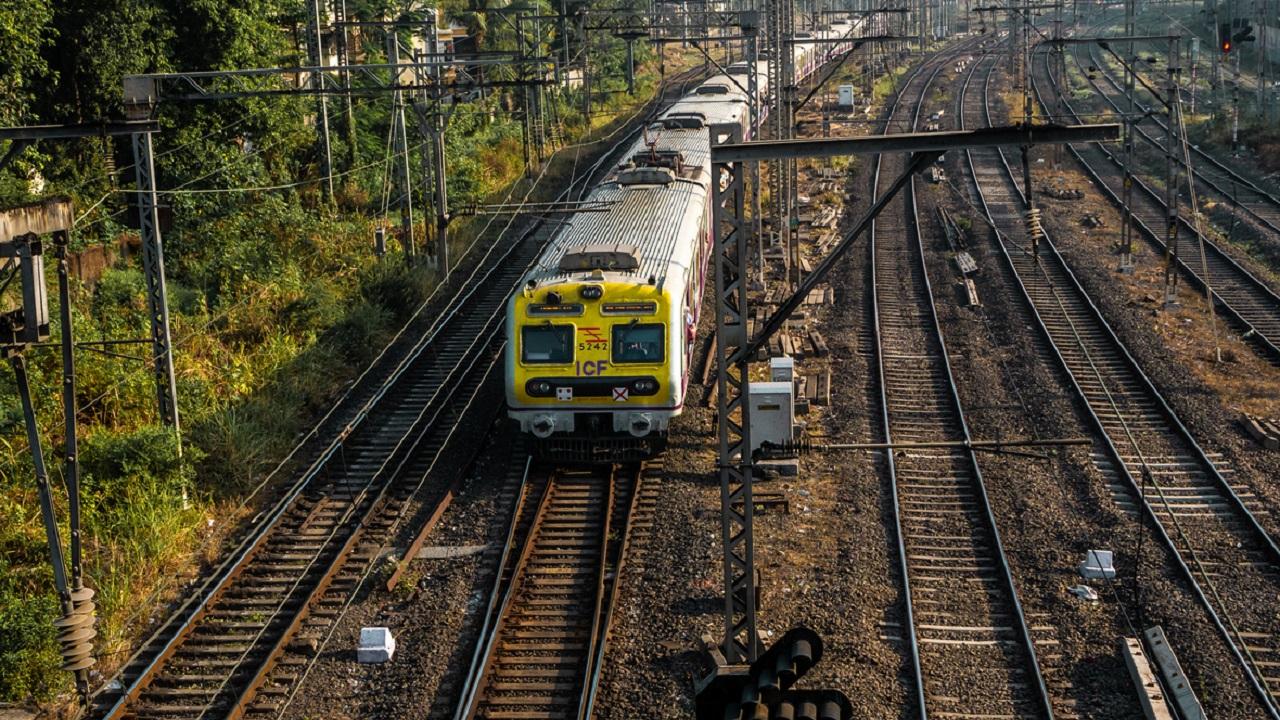Mumbai International Airport Limited (MIAL), the operator of Chhatrapati Shivaji Maharaj International Airport (CSMIA), has released its Sustainability Report for FY 2024–25, outlining significant progress in clean energy adoption, circular waste practices, digital transformation and social impact.
The report highlights that CSMIA has maintained its position among the world’s leading sustainable airports, combining technological innovation with environmental responsibility to set new benchmarks for the aviation sector.
Environmental and Operational Milestones
According to the report, CSMIA handled 55.12 million passengers during FY 2024–25, achieving a single-day peak of 170,516 passengers and expanding connectivity to 126 destinations. Cargo tonnage rose by 8.1 per cent year-on-year, reinforcing its role as a critical driver of Mumbai’s economic ecosystem.
The airport secured several global recognitions, becoming the first in India and third globally to attain Level 5 Airport Customer Experience accreditation from Airports Council International (ACI). It also renewed its ACA Level 4+ “Transition” status for climate action.
MIAL reported that since August 2022, CSMIA has been operating entirely on 100 per cent green electricity, a transition that now extends to all concessionaires. The airport also achieved carbon neutrality for Scope 1 and 2 emissions, diverted 98.7 per cent of waste from landfills, and reduced energy intensity by 5.5 per cent. Additionally, Terminal 2 retained its IGBC Platinum certification, underscoring its commitment to green infrastructure.
Biodiversity and Water Stewardship
In FY 2024–25, MIAL continued its urban greening efforts, planting 2,000 native trees using the Miyawaki method. The airport’s biodiversity programme includes regular assessments and monitoring to mitigate ecological risks.
Water sustainability initiatives included detailed water audits, rainwater harvesting systems and upgraded sewage treatment infrastructure, all built on reduce–recycle–recharge principles.
Community Engagement and Workforce Development
Working alongside the Adani Foundation, MIAL carried out a range of community upliftment initiatives such as health camps, women’s empowerment programmes and blood donation drives, benefiting more than 4,000 people during the year.
Under its flagship workforce development programme, Saksham, MIAL provided over 60,000 man-hours of employee training focused on leadership, diversity and inclusion. The airport emphasised policies promoting non-discrimination, gender equality and parental support.
Digital Transformation and Passenger Experience
CSMIA has emerged as a leader in smart travel facilitation with 147 e-gates, the highest among Indian airports, and 30 per cent Digi Yatra adoption, enabling faster and more seamless travel.
The revamped Airport Operations Control Centre (AOCC) improved real-time situational monitoring and operational responsiveness. The airport also strengthened accessibility measures, including sign-language training for staff, dedicated wheelchair assistance, tactile flooring for the visually impaired and sanitary pad dispensers across all ladies’ washrooms.
Commitment to Long-Term Sustainability
MIAL said the Sustainability Report reaffirms its mission to embed sustainability across all dimensions of airport management — from passenger experience and operational excellence to climate action and community development.
With continued efforts in clean energy transition, waste reduction and technological innovation, CSMIA aims to further raise global benchmarks for sustainable aviation while minimising its environmental footprint.











